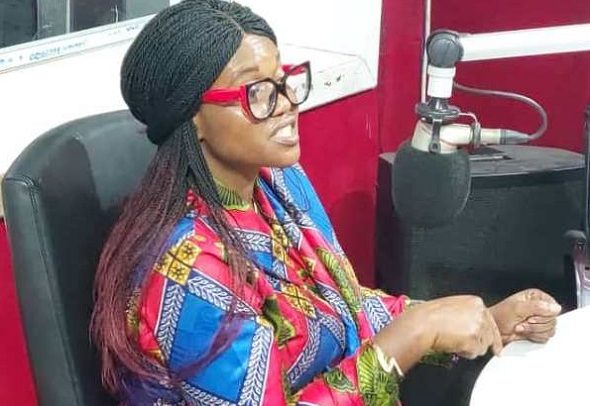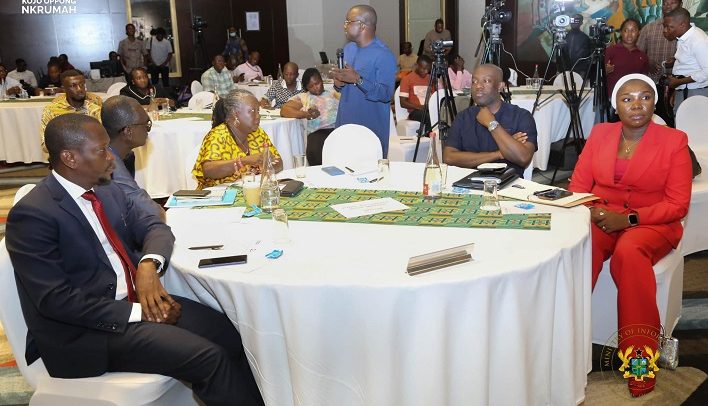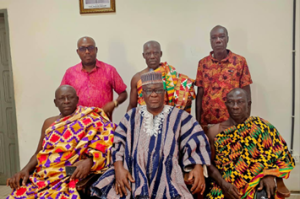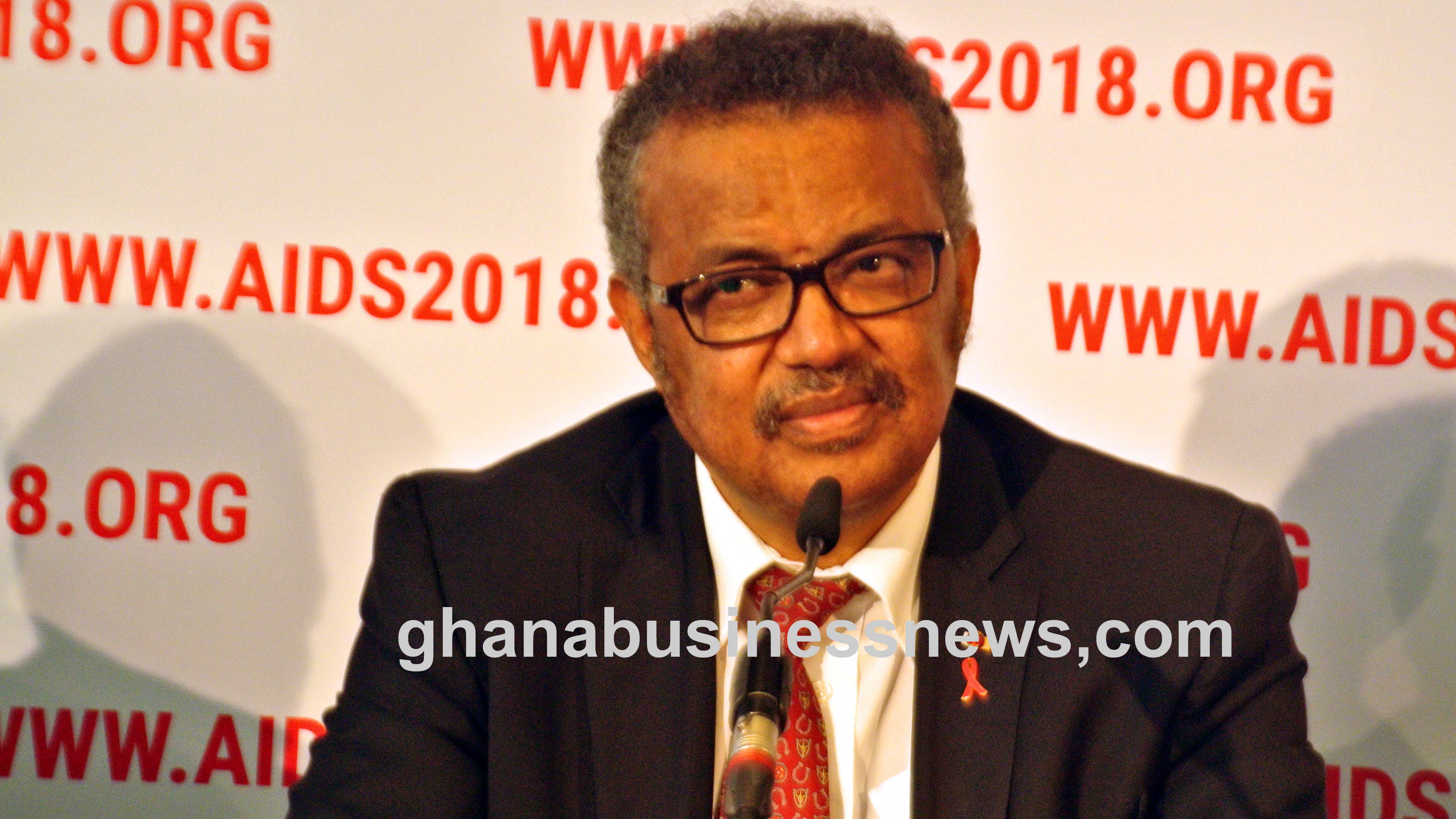
By Yaw Ansah/Doris Amenyo, GNA
Accra, April 05, GNA - Government will soon roll out more standards on salaries, remuneration, and positions reserved for Ghanaians as a means moving from rhetoric to action on the local content regulation in the upstream oil and gas industry
The move will help cut down on high employment costs and sourcing labour at competitive but fair rates from the pool of skilled and qualified Ghanaians to be made available.
Mr Egbert Faibille Jnr, Acting Chief Executive Officer of the Petroleum Commission, Ghana (PCG) disclosed this at a day’s workshop on localisation and human resource development in Accra on Thursday.
The workshop on the theme, “Job Creation and Human Resource Development in Ghana's Upstream Petroleum Sector,” sought to ensure a common and full understanding of the relevant laws on employment in Ghana.
It aslo offered participants the opportunity to examine best international practice, introduce, the new localisation requirements for the upstream sector; and showcase employment opportunities, capacity building, skills transfer and training of key companies in the Upstream sector.
Mr Faibille explained that the yet to be introduced guidelines, would ensure that Ghanaians with the requisite training and qualifications were employed in the industry adding that the commission would in the coming days invite representatives of selected companies to a meeting to discuss the draft guidelines to make them workable when rolled out.
He acknowledged that expatriate employment was a global phenomenon and that there was an imperative justification to align benefits and remuneration to Ghana's laws.
“We deprecate the situation where a Ghanaian doing the same job role as an expat does in some if not all companies in the upstream sector are paid for lesser than an expatriate in Ghana.
“Article 24 (1) of the 1992 Constitution provides that every person has the right to work under satisfactory, safe and healthy conditions and shall receive equal pay for equal work without distinction of any kind.
“There is a justification to pay expats premiums but as far as all such payments add ups as petroleum costs to be passed on to Ghana to pay in future, we ought to have that regime properly defined for the mutual benefit of all stakeholders,” he said.
Mr Faibille Jnr urged all contractors in the industry to make use of local companies, service suppliers and workforce, as a deliberate business strategy.
“We seek to harmonise the need for competition, quality, and delivery with the need to grow local content and employment creation in the country. The starting point for us is to help local companies that support oil and gas business to set up and operate successfully by offering job opportunities to Ghanaians.
“We believe that we best serve the nation when we translate the exploitation of resources not only into profit but also into jobs and opportunities,” emphasised.
He recalled that as part of the effort to ensure the practicability of localisation, a directive was issued to all companies involved in the upstream sector to provide evidence of receipts for purchases made and payments for services within Ghana starting from January 2018.
This is against the backdrop of claims by companies to have spent several thousand and in some cases, millions of US dollars in their annual local content reports to the Commission, he said.
Mr Faibille Jnr hinted that the Commission had set up a Local Content Audit Unit whose function was to vet and validate all receipts or claims of payments for goods and services within Ghana on a monthly basis.
This will help measure accurately any claims companies have spent and what they project to the Commission to spend within Ghana in a year in respect of contracts they win.
Dr Mohammed Amin Adam, Deputy Minister of Energy in charge of petroleum said the country’s oil and gas industry had progressively become a commanding contributor to the economy.
The government, he said was not oblivious of the limitation for participation in the upstream industry in respect of technology, finance and human resource and noted that government empowers local firms to play, progressively, active roles in the oil and gas value chain through capacity development, financing and partnership with foreign partners.
To enhance the skills of Ghanaians to manage the sector, he said the government would invest in education through the Accelerated Oil& Gas Capacity Development Programme.
GNA
Read Full Story






















Facebook
Twitter
Pinterest
Instagram
Google+
YouTube
LinkedIn
RSS